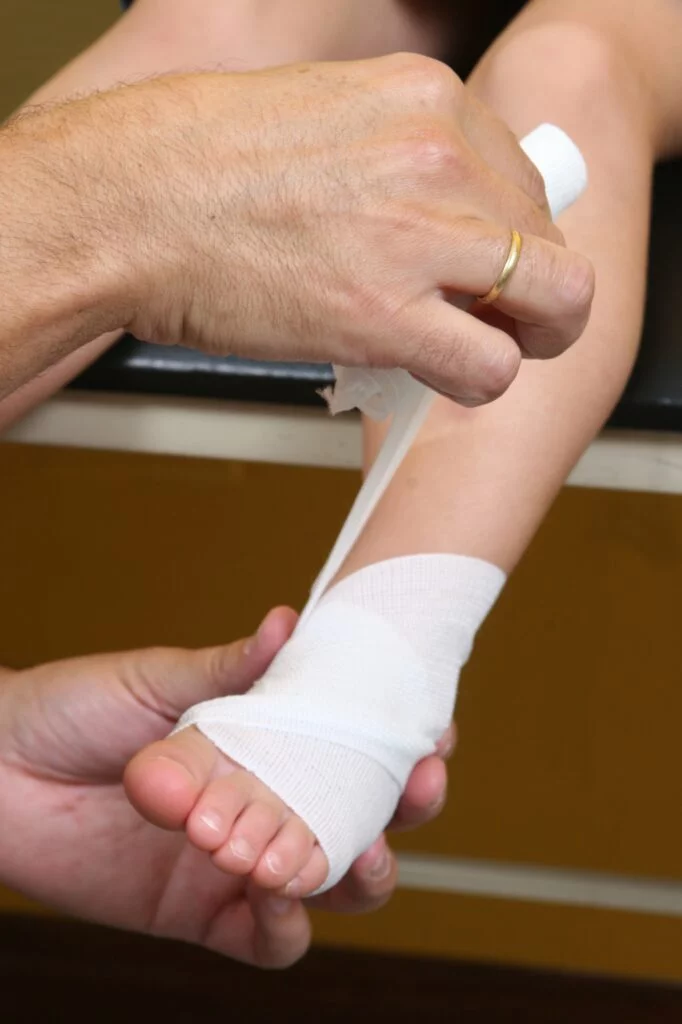These days, the definition of the elderly has changed. People are living longer and those well into their 80s are leading active lives. Elderly people are into jogging, aerobics and other high-intensity activities to remain healthy.
But with age, foot problems increase and some common issues faced are listed below.
- Feet tend to widen and flatten
- Fat padding on the soles of the feet get stiffer
- Frequent painful foot problems occur
- Balance and foot function are impaired
- The risk of falling increases
- Increase in pain
- Neuropathy
- Age-related deformities
These problems give rise to many kinds of foot issues like bunions, corns, calluses, hammertoes, ingrown, thickened or discolored nails, diabetic foot conditions, poor circulation and heel pain. Earlier, after a certain age, people reconciled themselves to giving in to an aging body and feet, but with the advances in medicine, surgical options are available for the elderly to address the issue they are facing and to continue leading active lives.
When Is Reconstructive Foot Surgery an Option?
Conservative therapies are better for the elderly and would be first considered. But if reconstructive surgical options provide a better solution, they may be a good choice. These days, medically advanced minimally invasive surgical procedures for the foot and ankle have decreased the complications associated with foot surgery, making surgical intervention a viable option for many of the elderly.
The newer procedures also use strict perioperative management protocols, including pharmacological and nutritional assessment and cardiopulmonary precautions to ensure better recovery.
Advances in Surgical Options for the Elderly
Surgical procedures and post-op care have become so efficient that the elderly can choose surgery without fear.
- Outpatient surgical procedures effectively address problems associated with pain, decreased ambulation and recovery.
- Current surgical techniques in joint reconstruction allow weight bearing from the day of surgery.
- Foot surgeries are done with minimal bone resection and incision through arthroscopy, resulting in improved muscle and tendon repair and early weight bearing.
- The changes in surgical techniques have permitted more effective and rapid intervention in problems affecting ambulation and the quality of life of geriatric patients.
With careful perioperative medical management and postoperative care along with an experienced podiatric surgeon, geriatric reconstructive foot surgery can be successful and can increase the quality of life.

